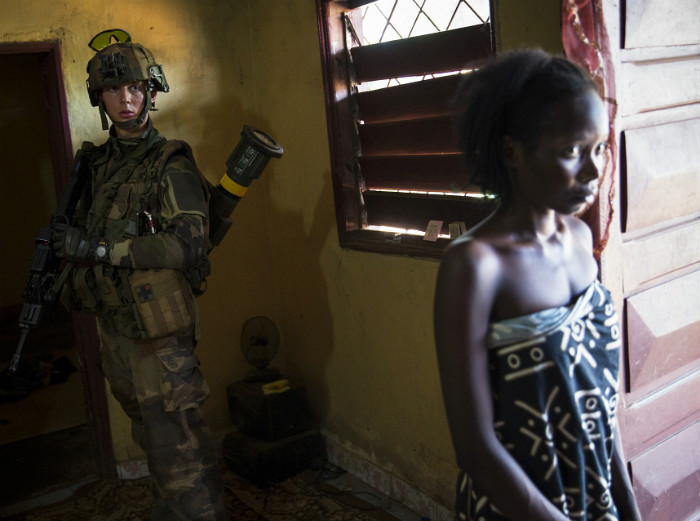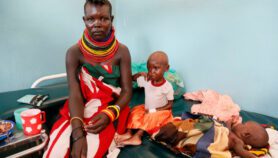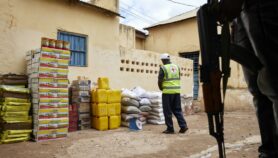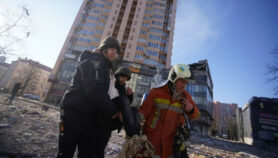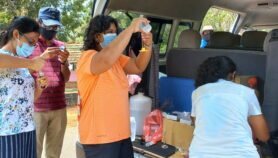By: Imogen Mathers
Send to a friend
The details you provide on this page will not be used to send unsolicited email, and will not be sold to a 3rd party. See privacy policy.
If you are unable to listen to this audio, please upgrade your browser or click here to download the file [15.9 MB].
The contrast between the passionate ideals of the UN International Day of Peace this week (21 September) and the tragic reality of world politics in the closing months of 2015 couldn’t be starker. In 2014 180,000 people were killed in conflicts – over three times the number killed in 2010. In June the UN reported that 60 million people are now displaced from their homes — more than at any point since records began. Of the 19 million refugees, half are children. These are brutal, shameful statistics — each number representing a life destroyed or damaged, a family blown apart. Today, "strenthening the ideals of peace, within and among all nations and peoples" — the purpose of Peace Day as stipulated back in 1981 — feels more beyond our grasp than ever.
In this audio interview, we speak to Ray Acheson, director of Reaching Critical Will, a disarmament research and advocacy programme at the Women’s International League for Peace and Freedom, the oldest women’s peace organisation in the world. She talks about the link between deadly technologies, the global arms trade and the wars now raging around the world, and the importance of public and political recognition of the connections between weapons sales and the growing refugee crisis.
Acheson discusses the gendered impacts of weapons — from the role of small firearms in sexual and gender-based violence, to the ways nuclear radiation affects women and men’s bodies differently. She explains how social constructions of gender and gender roles can “reinforce the sense of men as militants, reinforcing violent masculinities, and undermining women.” And she explains why it so important to get more women around the table during peacebuilding discussions — not only to promote gender equality and break down essentialist ideas of masculine and feminine characteristics, but also to ensure the practical knowledge women often have about the mechanics of their communities feed into and shape agreements to build a more socially relevant, robust, and lasting peace.
References
[1]UN General Assembly Resolution 36/67. 77th Plenary Meeting, 30 November 1981.


